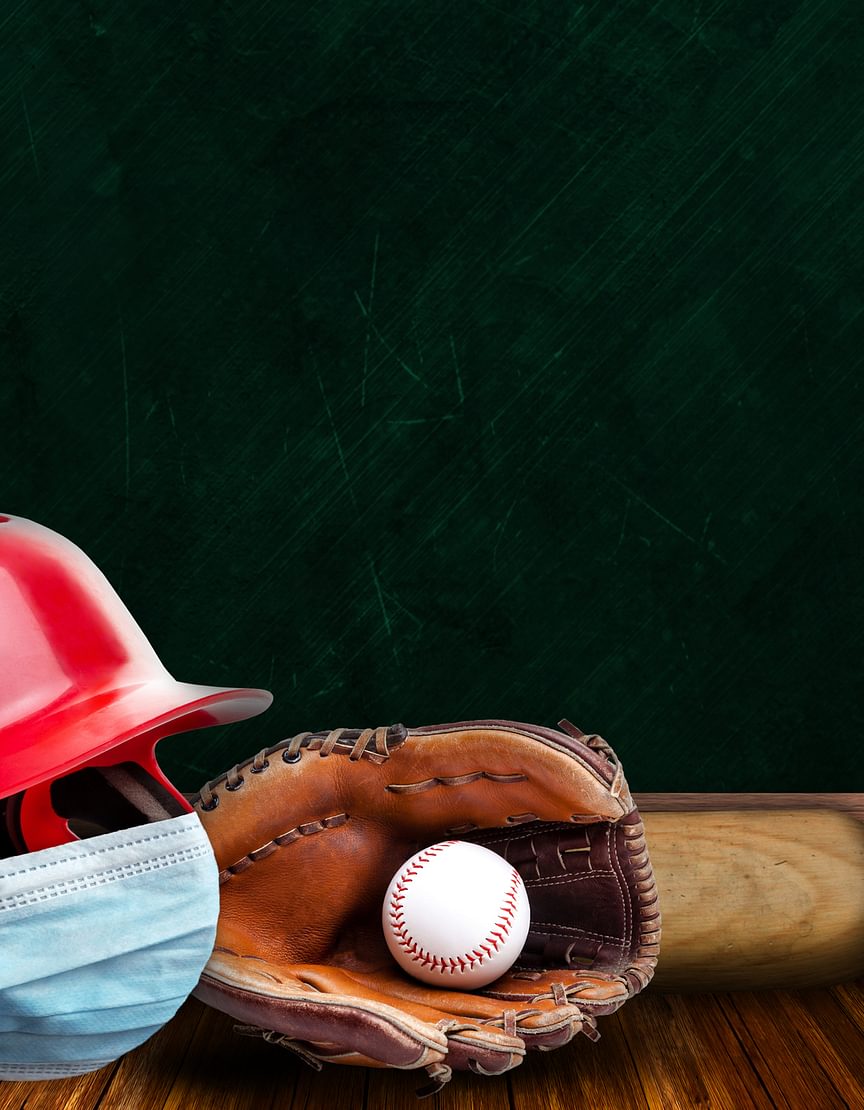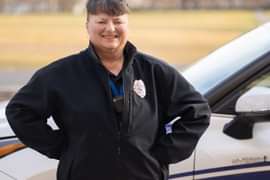
October 20, 2020
Inside Baseball
Three alums and MLB pros share their behind-the-scenes stories of this unusual seasonby Allen Lessels
Major League Baseball played a season like no other this year and three Andover alums were front and center for a baseball summer that almost wasn’t.
“It’s undeniably the most unique baseball season ever played,” says Seattle Mariners interim hitting coach Hugh Quattlebaum ’96, whose older brother, Gus ’93 is the vice president for professional scouting for the Boston Red Sox.
Each Major League team played just 60 games, instead of the usual 162, in a season that started on July 23, nearly four months later than originally scheduled. No fans were allowed in any stadium. MLB, along with other professional sports, also postponed games in a show of support for Black athletes and social justice. More games were later postponed due to unhealthy air quality from West Coast forest fires.
Like all other sports, MLB came to an abrupt halt in mid-March, with the start of the season just two weeks away. “Our world was rocked,” Gus says. “We were rushed out of Fort Meyers to get home as quickly as possible.”
The normal world of scouting and baseball development is one of sitting in ballparks day after day, watching players throw and hit and run, and then writing reports to assess talent. This summer though, the Quattlebaum brothers and Matt Hyde ’92, Northeast scout for the New York Yankees, spent a lot of time in home offices analyzing video and conducting Zoom meetings to rank and project future draft picks.
“It was just a bizarre set of circumstances,” Gus says.
But baseball’s new world order had its silver linings. Families went for walks. Hyde and his son, Willy, took up fishing. Brox Quattlebaum, 7, helped his dad, Hugh, make a video of hitting tips. Gus got to spend far more time than usual at home with his wife and three daughters.
Professionally, Zoom meetings gave evaluators the ability to zero in on a player’s makeup. Members of the coaching, personnel, and scouting departments were able to jump in on calls and chat with prospective draft picks. And some of these changes may stick.
“I think we’ll be able to utilize some of the tools we had to implement during this time as a part of our new routine,” says Hyde, who has driven up to 40,000 miles some years. “Now we can hop onto a Zoom call with a kid in Buffalo instead of driving 11 hours to get there.”
But nothing can take the place of human interaction.

Perhaps never has the human side of baseball been more on public display than when athletes responded en masse to the social justice movement this year.
The Mariners, who have more Black players than any other MLB team, voted to not play against the San Diego Padres on August 27, one of several games across professional sports postponed in solidarity after the latest incident involving the police shooting of a Black man.
“There was a lot of real, raw emotion and it increases the empathy level you have for teammates,” Hugh says. “I have tons of respect for how our team handled it.”





